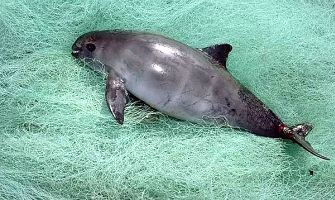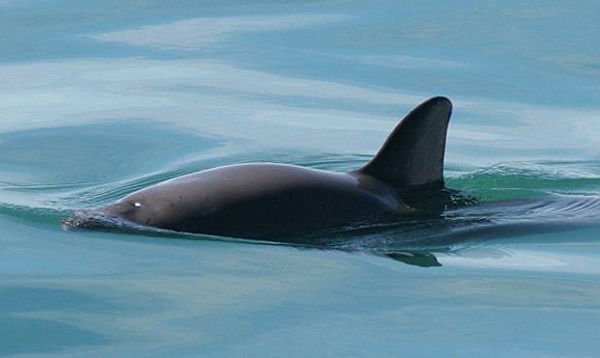Baja California - The federal government has extended the two-year suspension of commercial fishing with the gillnets, trawl nets or nets with multiple hooks used on small fishing boats at the northern end of the Gulf of California, in order to continue protecting the vaquita, an endangered species of small porpoise.
The fishing restrictions, which were imposed two years ago were scheduled to end on April 17, but have now been extended through the end of May and, according to Semarnat, the Mexican Navy, the Federal Environmental Protection Agency (Profepa) and the Environmental Police will maintain and reinforce surveillance in the protection area.
 |
In this context, a recent modification to the federal penal code has elevated the intentional capture and trade in aquatic animal species to the status of organized crime, regardless of the existence of fishing bans.
Local fishermen have been unhappy about the ban since its enactment two years ago, stating that the alternatives and compensation offered by authorities were not satisfactory. But after the two-month extension on the ban was announced, the fishermen's spokesman Antonio Sunshine Rodríguez Peña said they had requested the extension in order to protect the vaquita.
"The decision was made not only by the authorities, it was a request made by the fishing sector and the community of the upper gulf," said Rodríguez. The request stemmed from the fishermen's assessment of measures taken by the National Fishing Institute (Inapesca), as it "did not have the transition to new fishing techniques ready, which they claim are sustainable." The spokesman stated that their intention is to keep looking for fishing alternatives that do not affect the vaquita.
Still, illegal fishing continues. In the past year, the marine activist group the Sea Shepherd Conservation Society reports pulling more than 200 illegal nets from waters of the no-fishing zone.
Sources: Milenio • El Sol de Mexico


